How Difficult is Self Awareness in the Workplace?
“There are three things extremely hard: steel, a diamond, and to know one’s self.”
In 1750, Benjamin Franklin wrote “There are three things extremely hard: steel, a diamond, and to know one’s self.” Yet if I asked you to rate your own level of self-awareness (from low to high), how would you rate yourself?
Do you think 50% of the people reading this just rated themselves Below Average or Low? Research shows us, probably not…
In a 2004 study published in the journals of the American Psychological Society1, researchers from Standford, Cornell, and Iowa Universities found that people's opinions of themselves, their abilities, and their health are strongly skewed towards the positive.
While the researchers suggest that some self-deception is undoubtedly at play, there are other societal factors that contribute, such as:
- The difficulty in giving or receiving honest, critical feedback in workplace settings
- The fact that people may not have a good basis to compare themselves against (e.g., do they really know what high capability looks like?)
Why does all this matter?
Think of the last interaction you had with someone who completely lacks self-awareness. How do you convince someone of something, when you don’t even agree on what is actually true or factual? Google’s Project Aristotle2 illustrates this point. In 2012, Google’s People Analytics researchers sought to answer ‘what makes a team effective at Google.’ After two years of research what did they find was the single most important factor?
Psychological safety
Psychological safety is when team members feel safe taking interpersonal risks and are willing to be vulnerable in front of each other.
Imagine if your team was completely comfortable debating ideas, providing feedback, and being authentic. What could you accomplish? How much would your people grow? How much would the performance of the team improve?
So how can leaders build psychological safety in their teams? It comes back to self-awareness and personal motivators. How well do you know the personal motivators of your team members? How well do they know what motivates each other?
This is where our expertise comes into play. In our experience, managers have a general awareness of the common behaviors demonstrated by team members. What they don’t understand is what motivates employees and how their actions and decisions impact their team. We have proven strategies to build self-awareness and psychological safety in your team.
Contact tdavis@cmaxadvisors.com to learn more.
Citations:
1) American Psychological Society. "'Know Thyself' -- Easier Said Than Done." ScienceDaily. ScienceDaily, 28 October 2005. <www.sciencedaily.com/releases/2005/10/051028135144.htm>.
2) https://rework.withgoogle.com/print/guides/5721312655835136/



